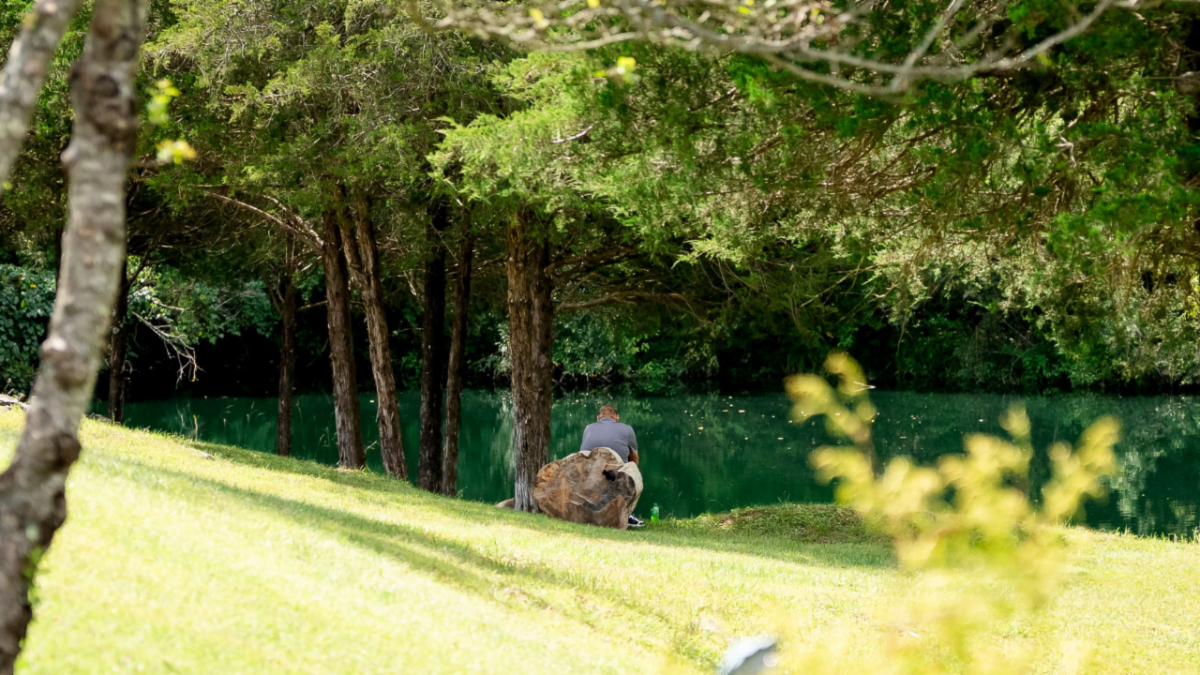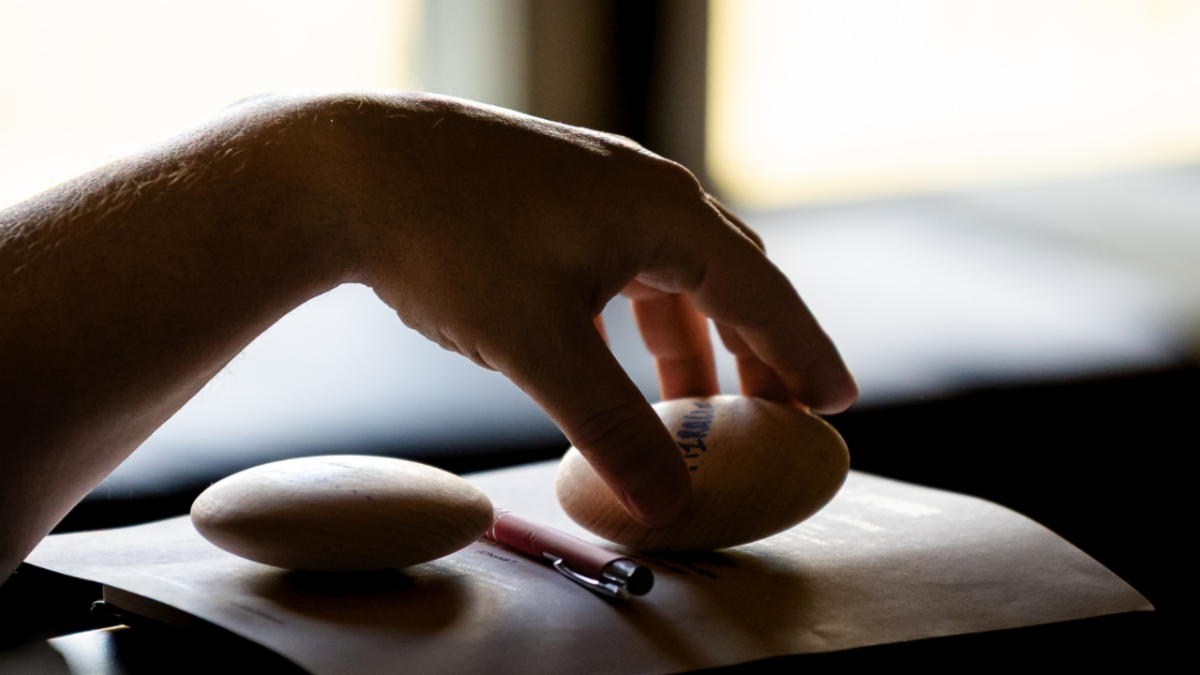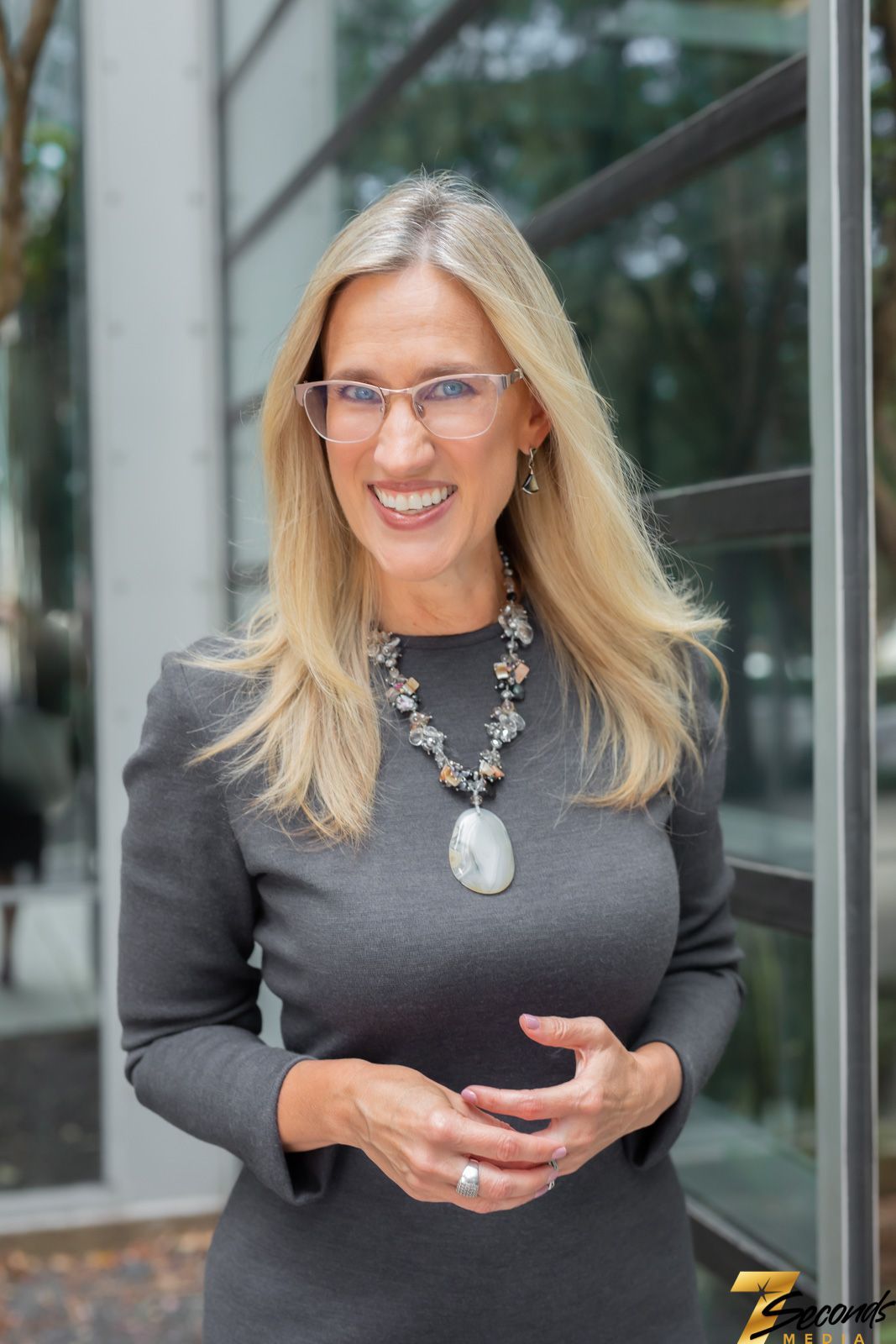Moving from Awareness to Forgiveness

Was something wrong with him?
Or was it me?
These were the running questions that went through my mind growing up.
I spent a lot of time with my grandparents.
My grandmother expressed her love in a big way both verbally and physically. She oozed affection, had a contagious laugh, and when she hugged you, you were immediately comforted.
With my grandfather, there was a strangeness, some residue of a family dynamic I couldn’t put my finger on.
He was fun-loving and enjoyed having a good time, and yet he could be stern and unbending.
Every day I told my grandfather how much I loved him, and his response was always the same, “Me, too.”
Me, too? What did that even mean?
Why couldn’t he say it back to me?!?
Out of necessity, my grandfather worked hard and his education opportunities were limited. After his parents died, and with only an 8th grade education, he and my grandmother raised his siblings. Later, he joined the Civil Conservation Corp.
Today, I treasure his trunk from the Corp, that sits in the middle of my library. I often wonder what he was like when he was younger. What must it have been like to bear so much responsibility? When and why did he lose the ability to say, “I love you,” even when I’m certain he felt it?
Some people may believe my grandfather came from a time when there was little emotional expression, or that he was a man who came from a family culture in which you didn’t talk about “those” things.
Over the years, I have identified places where the practice of expressing love has felt unacceptable too.
School and work seem to have rules that limit the expression of one’s feelings which seemed in perfect alignment with my grandfather’s inability to use the word, “love.”.
Much like everything I’ve learned about leadership, there’s more to the story.
In your lifetime you will experience humiliation, shame, and disappointment, sometimes at a young age.
When there is no acknowledgement of what you’ve gone through in life, events can start piling up and take a toll on your physical and mental health, affecting your relationships.
Hurt people hurt people, transferring their emotions on unsuspecting others.
Or, at the very least, the experiences create a divide between yourself and others.
For my grandfather, emotions were taboo. For what I would guess would be many reasons, he couldn’t tap into his.
Identifying this pattern contributed to me bringing forgiveness conversations to my work over 20 years ago.
Understanding the hurt and harm others experience opens the door for empathy.
If we can better identify how others feel, we can more easily relate to others who are different.
In order to move from awareness to forgiveness, you have to be brave enough to have the hard conversations that may be awkward or unpleasant.
While I never did get to have this conversation with my grandfather, I do get to have those conversations in other forums surrounding racial discord and political angst.
Having the difficult conversations allows people to express sorrow or regret – to feel their pain. Having felt and acknowledged their feelings, they are able to listen deeply.
From this openness there is an opportunity to build bridges formed from a place of deep emotional connection that lead to healing and hope.
Too often, you may want to avoid a situation or come up with a plan to fix it and move forward past it.
Or side step it, make light, or a host of other tactics to relieve tension so as not to feel.
It’s important to sit in the discomfort and fully experience where someone is standing.
When you do this, it’s an acknowledgment of their pain – and it can lead to healing and wisdom.
ACTION: The Upside Challenge of the week is to identify where you may be avoiding hard conversations.
What do you need to say?
Can you be courageous enough to hear what the other person has to say?
The world needs you and your brilliance.











